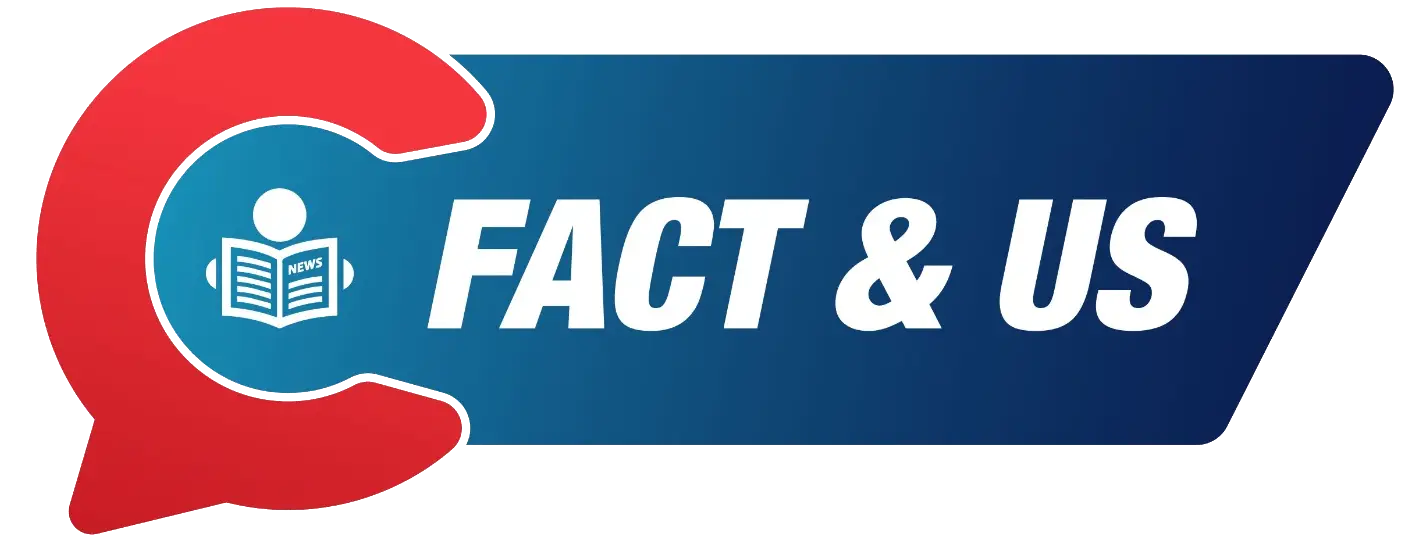A judge on Monday ruled that Google’s ubiquitous search engine has been illegally exploiting its dominance to squash competition and stifle innovation, a seismic decision that could shake up the internet and hobble one of the world’s best-known companies.
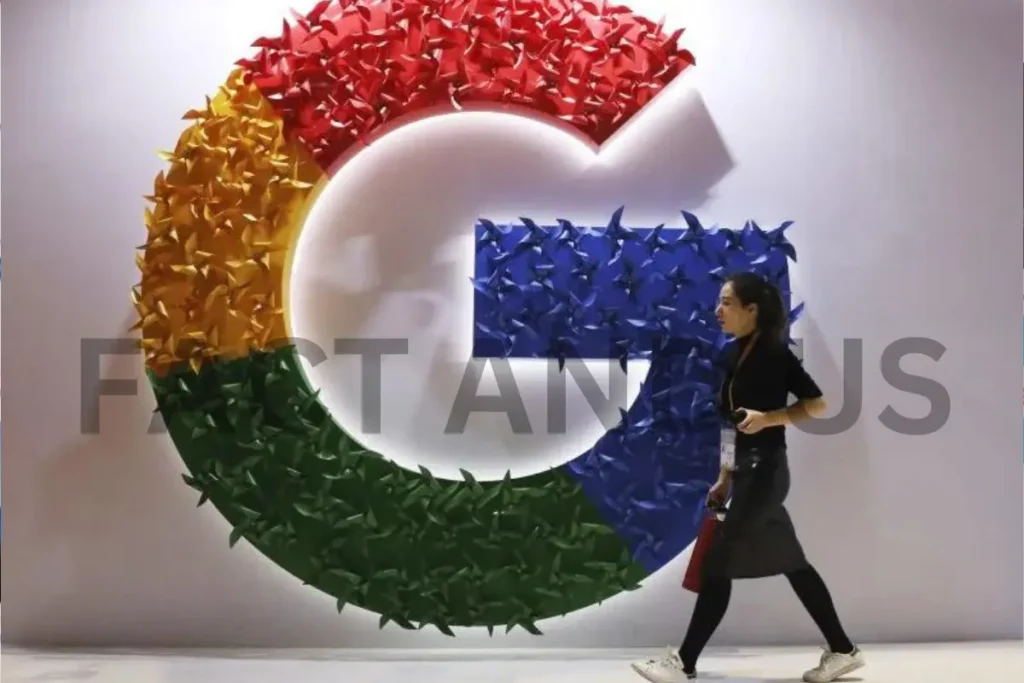
The highly anticipated decision issued by U.S. District Judge Amit Mehta comes nearly a year after the start of a trial pitting the U.S. Justice Department against Google in the country’s biggest antitrust showdown in a quarter century.
Google illegal monopoly
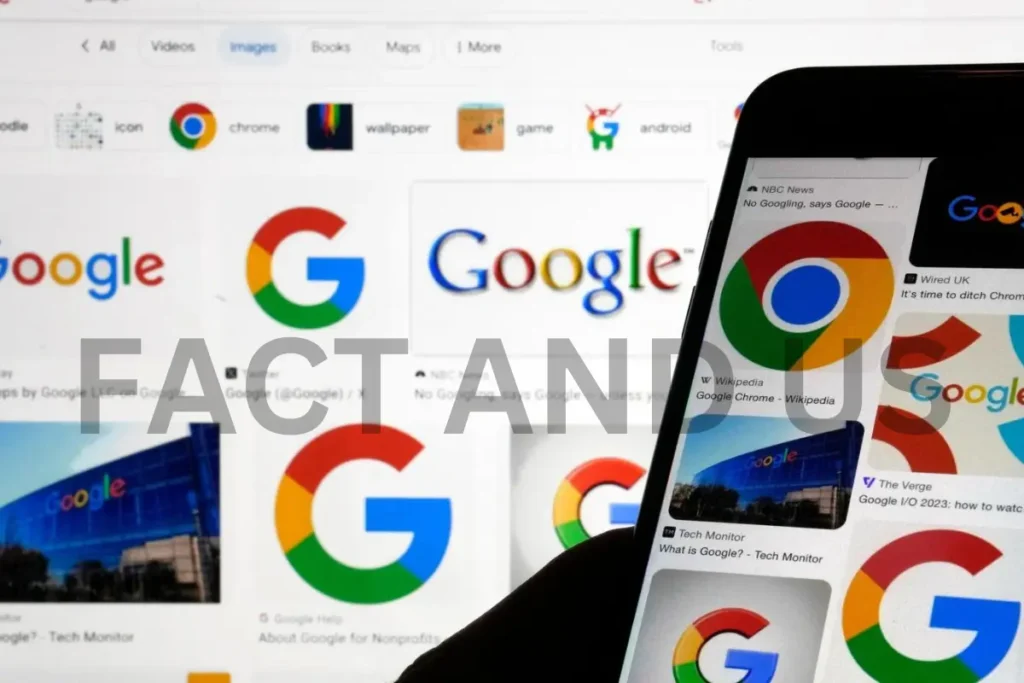
After reviewing reams of evidence that included testimony from top executives at Google, Microsoft, and Apple during last year’s 10-week trial, Mehta issued his potentially market-shifting decision three months after the two sides presented their closing arguments in early May.
“After having carefully considered and weighed the witness testimony and evidence, the court reaches the following conclusion: Google is a monopolist, and it has acted as one to maintain its monopoly,” Mehta wrote in his 277-page ruling. He said Google’s dominance in the search market is evidence of its monopoly.
United States District Judge Amit Mehta on August 5 ruled that Google violated anti-trust laws to create an “illegal monopoly” and become the default search engine by using billions of dollars, Reuters reported.
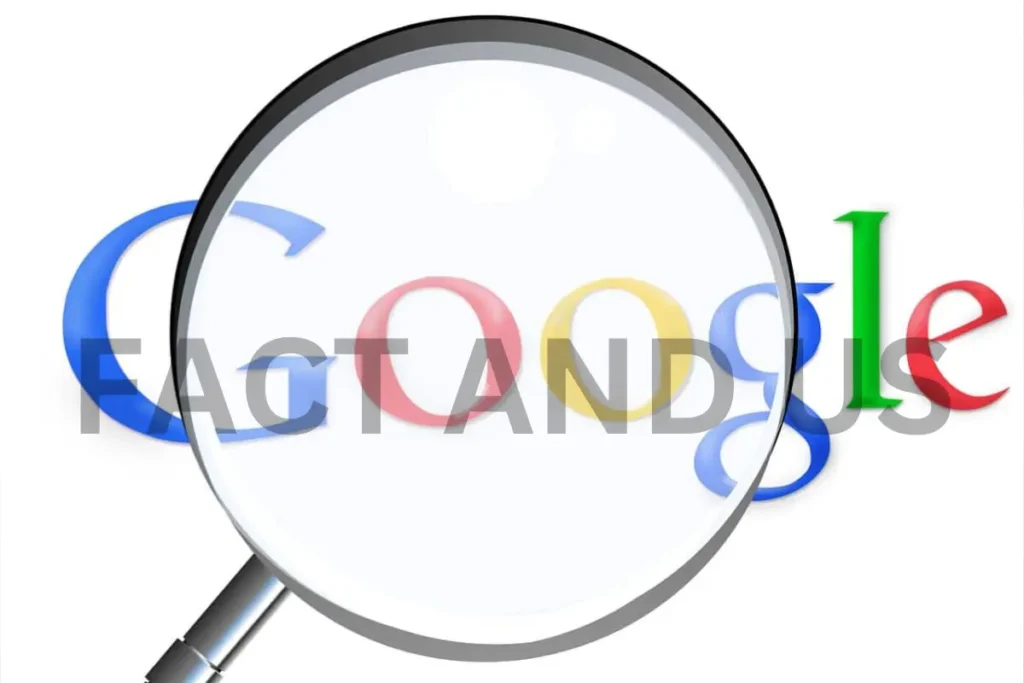
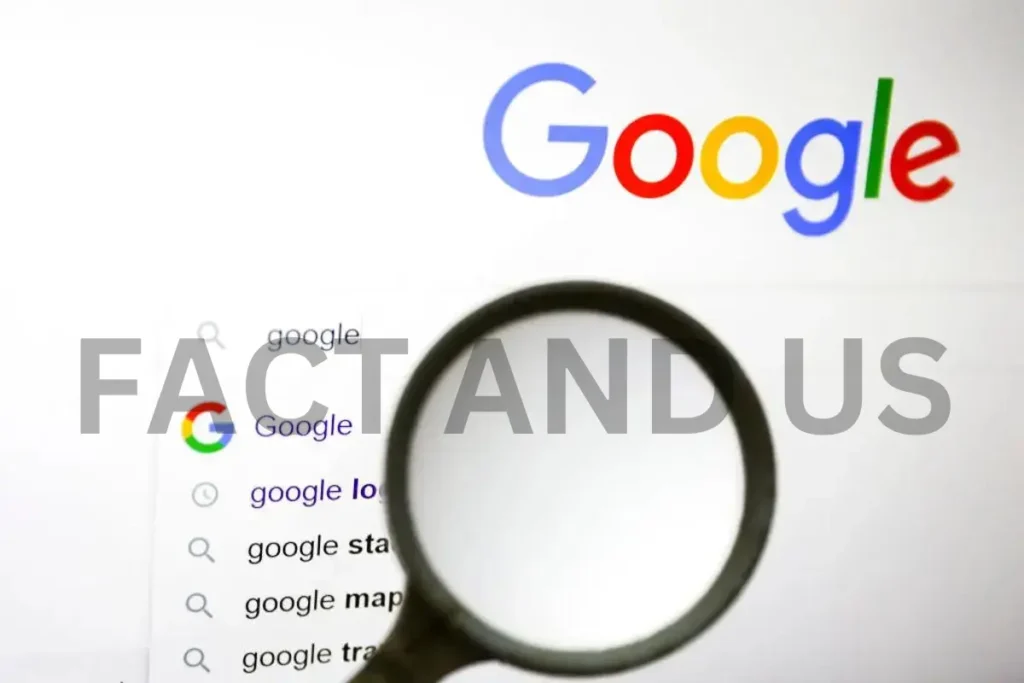
“The court reaches the following conclusion: Google is a monopolist, and it has acted as one to maintain its monopoly,” Justice Mehta, Washington, DC, wrote. Google controls close to 90 percent of the online search market and 95 percent on smartphones, the report added. Notably, Google advertising was 77 percent of Alphabet’s total sales in 2023. Alphabet stocks fell 4.5 percent on August 5 amid a broader tech stock drag due to recession fears.
The Ruling
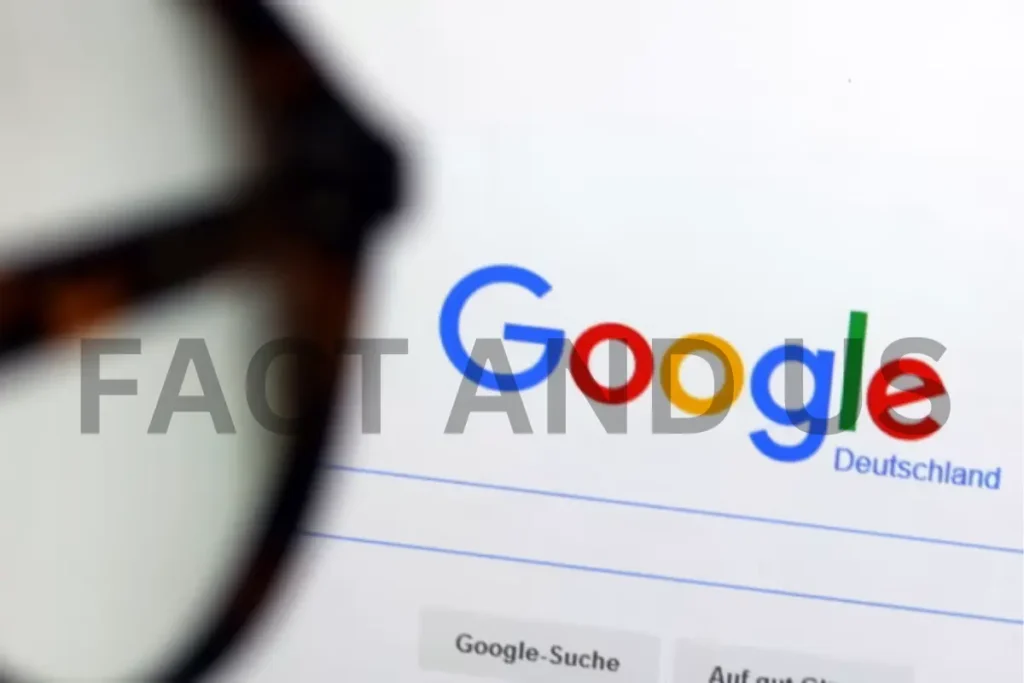
Justice Mehta, in his ruling, pointed out Google paying $26.3 billion in 2021 alone to ensure its dominance—so that its search engine is the default on smartphones and browsers. “The default is extremely valuable real estate. Even if a new entrant were positioned from a quality standpoint to bid for the default when an agreement expires, such a firm could compete only if it were prepared to pay partners upwards of billions of dollars in revenue share and make them whole for any revenue shortfalls resulting from the change,” Mehta noted.
“Google, of course, recognizes that losing defaults would dramatically impact its bottom line. For instance, Google has projected that losing the Safari default would result in a significant drop in queries and billions of dollars in lost revenues,” he added.

“Even if a new entrant were positioned from a quality standpoint to bid for the default when an agreement expires, such a firm could compete only if it were prepared to pay partners upwards of billions of dollars in revenue share,” Judge Mehta wrote. No penalties or fines have yet been outlined for Google and Alphabet and will likely be decided in a future hearing, as per a BBC report. The government has asked for “structural relief,” it added.
Action On Big Tech
The ruling marks the first big win for federal authorities seeking to take on Big Tech’s market dominance and makes way to arrive at potential solutions, the report noted. The solutions could include breaking up Google’s parent Alphabet, which would have a huge impact on the advertising space, it added. US Attorney General Merrick Garland called the ruling “a historic win for the American people” and said “no company—no matter how large or influential—is above the law,” Reuters reported.
Also commenting on the competition aspect, White House press secretary Karine Jean-Pierre called it a “victory for the American people” and said that “Americans deserve an internet that is free, fair, and open for competition.”.

The path to “remedy,” however, may be long and winding—through potential appeals with the US Court of Appeals, the District of Columbia Circuit, and the US Supreme Court, stretching into even 2026.
Alphabet has already said it plans to appeal the judgement. “This decision recognizes that Google offers the best search engine but concludes that we shouldn’t be allowed to make it easily available,” Google said in a statement. EMarketer senior analyst Evelyn Mitchell-Wolf told Reuters that a drawn-out legal process would delay any immediate effects for consumers.
Over the past four years, Amazon, Apple, and Meta have also been under the scrutiny of federal antitrust regulators for maintaining illegal monopolies. Notably, Microsoft settled with the Justice Department in 2004 over claims that it forced its Internet Explorer Web browser on Windows users.
Stay connected with Fact and US for more such news.
